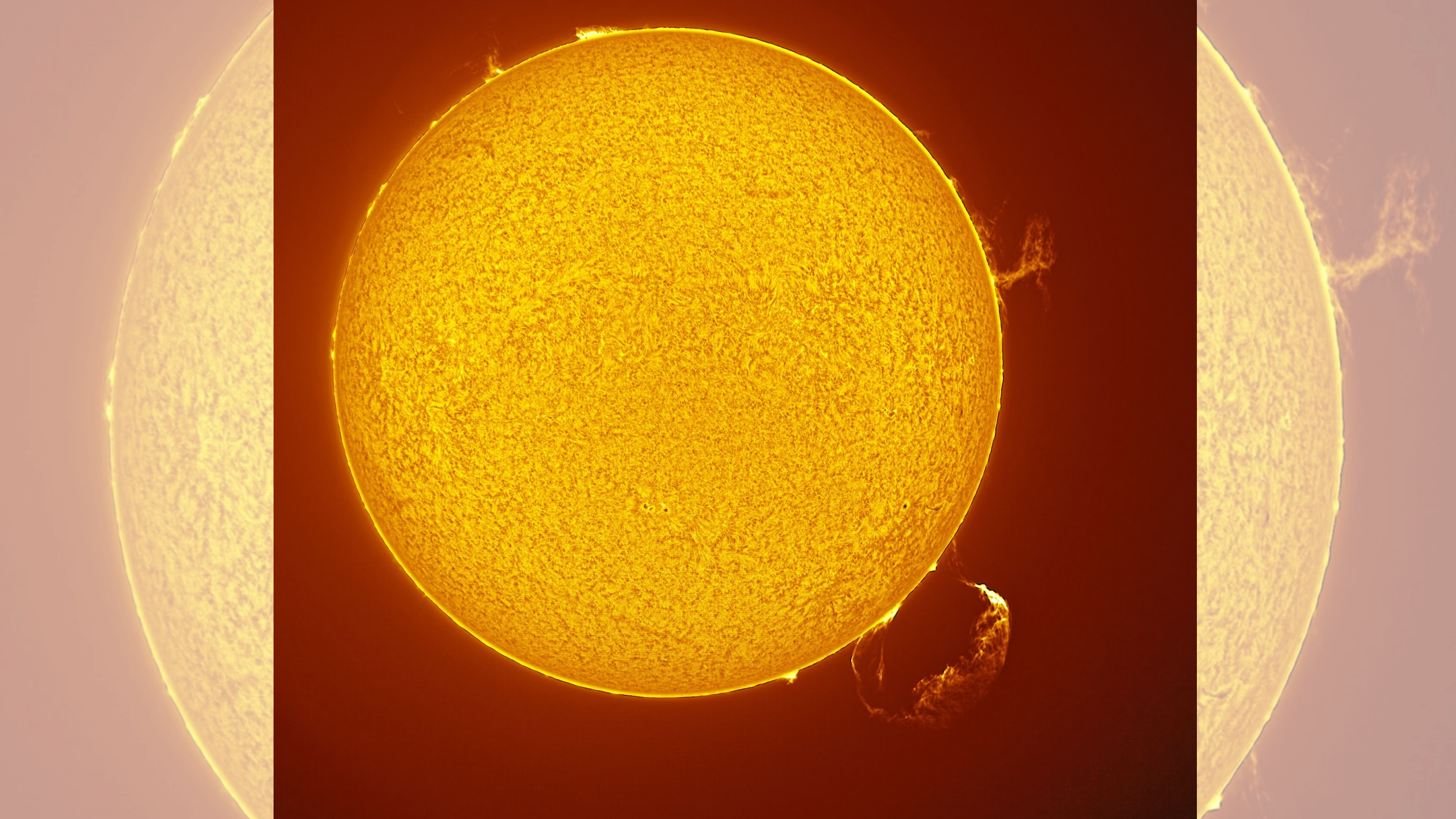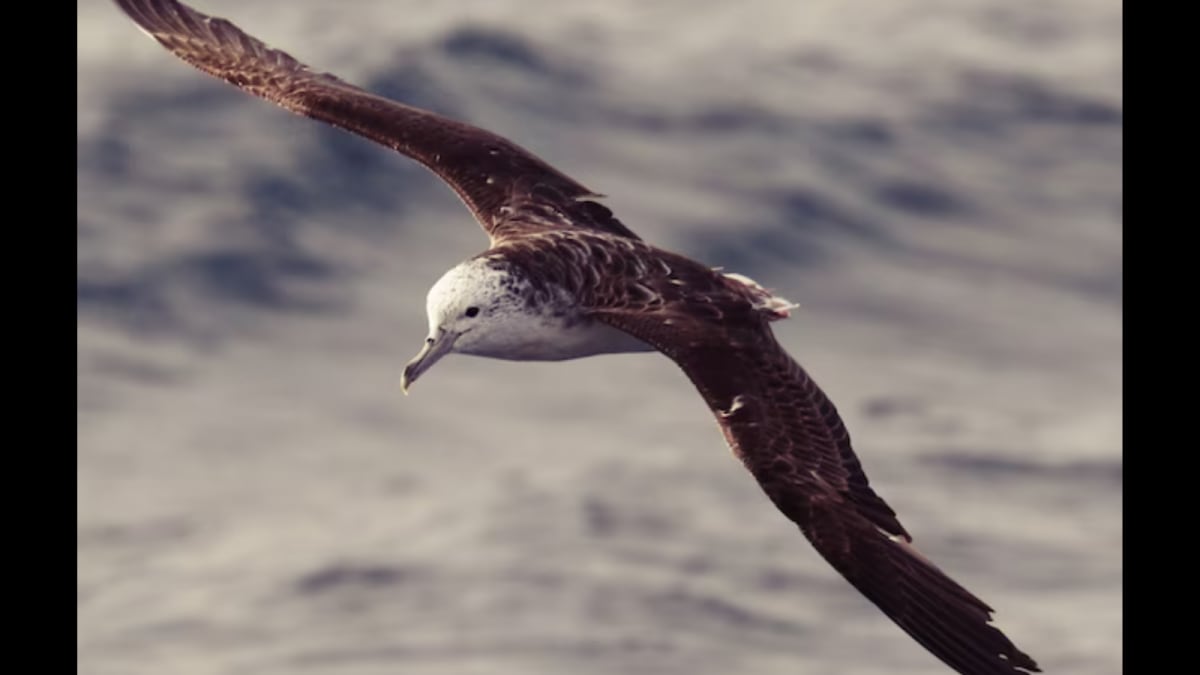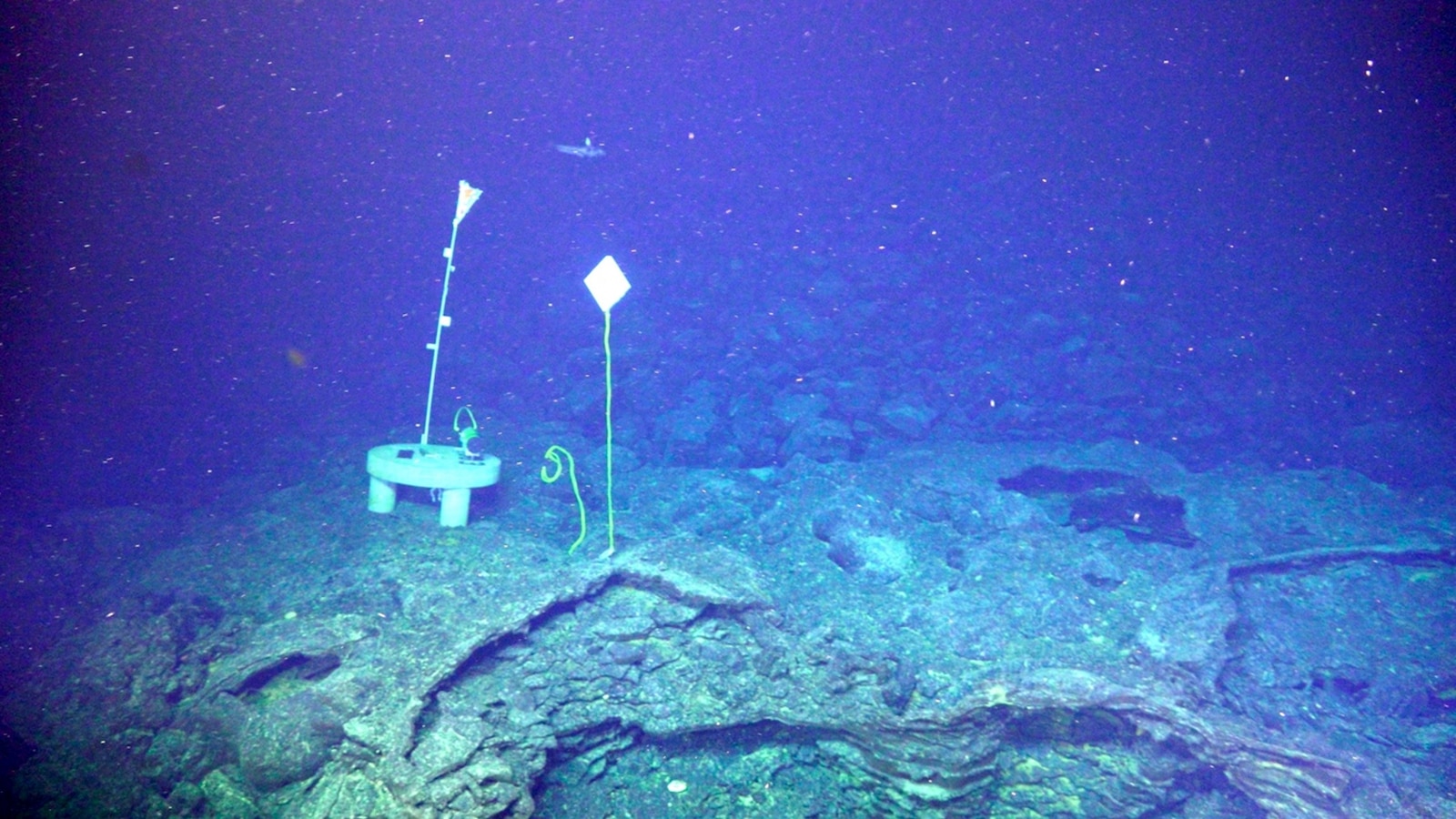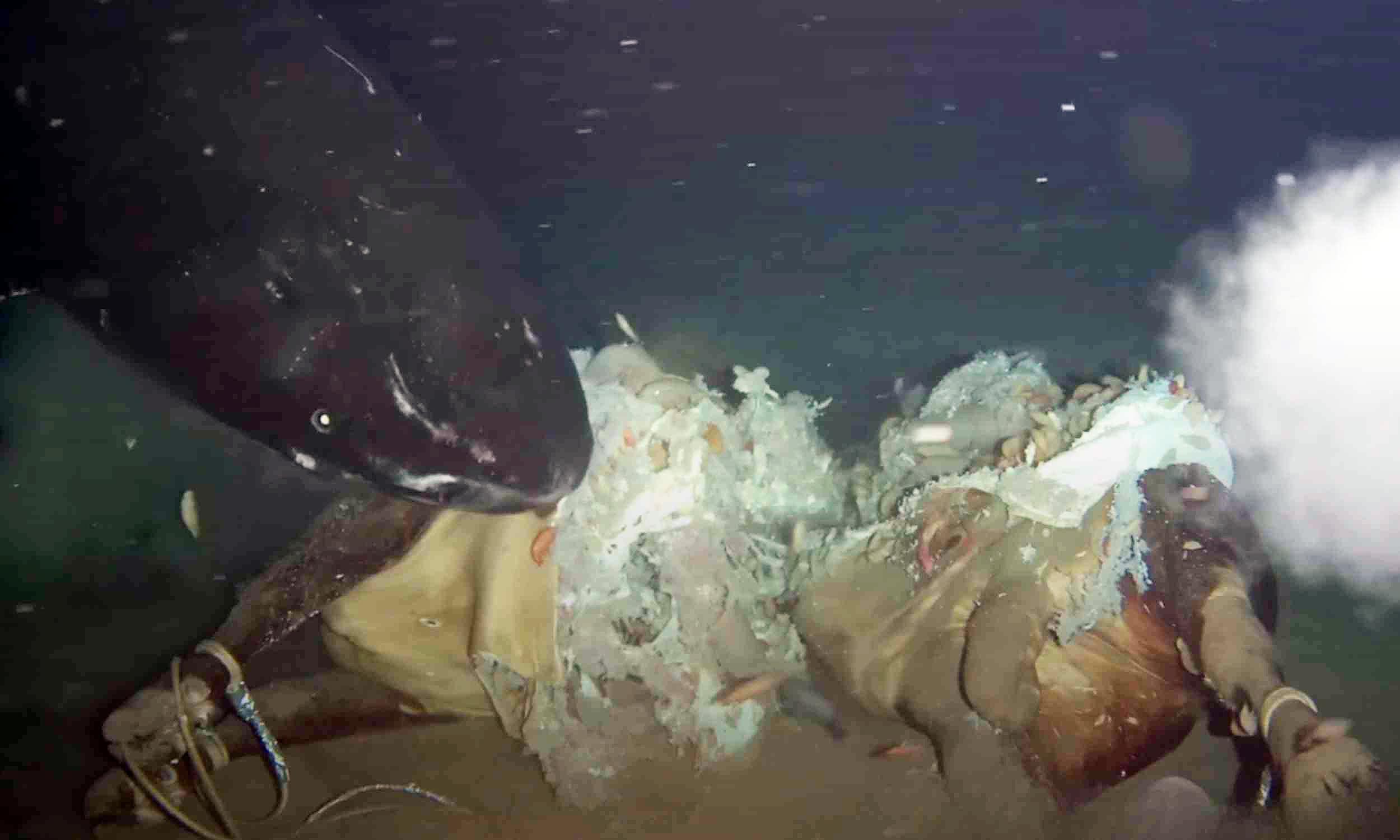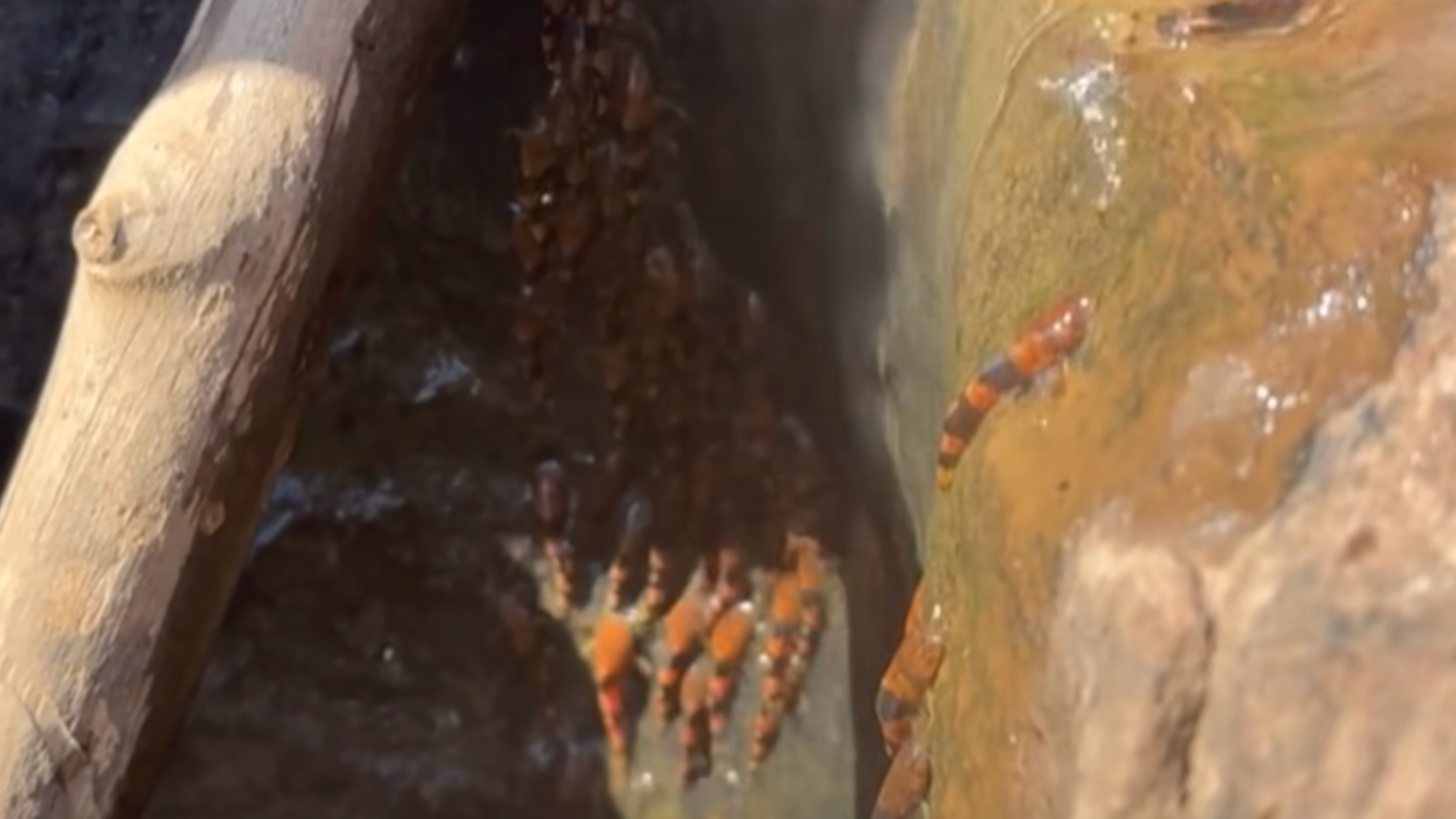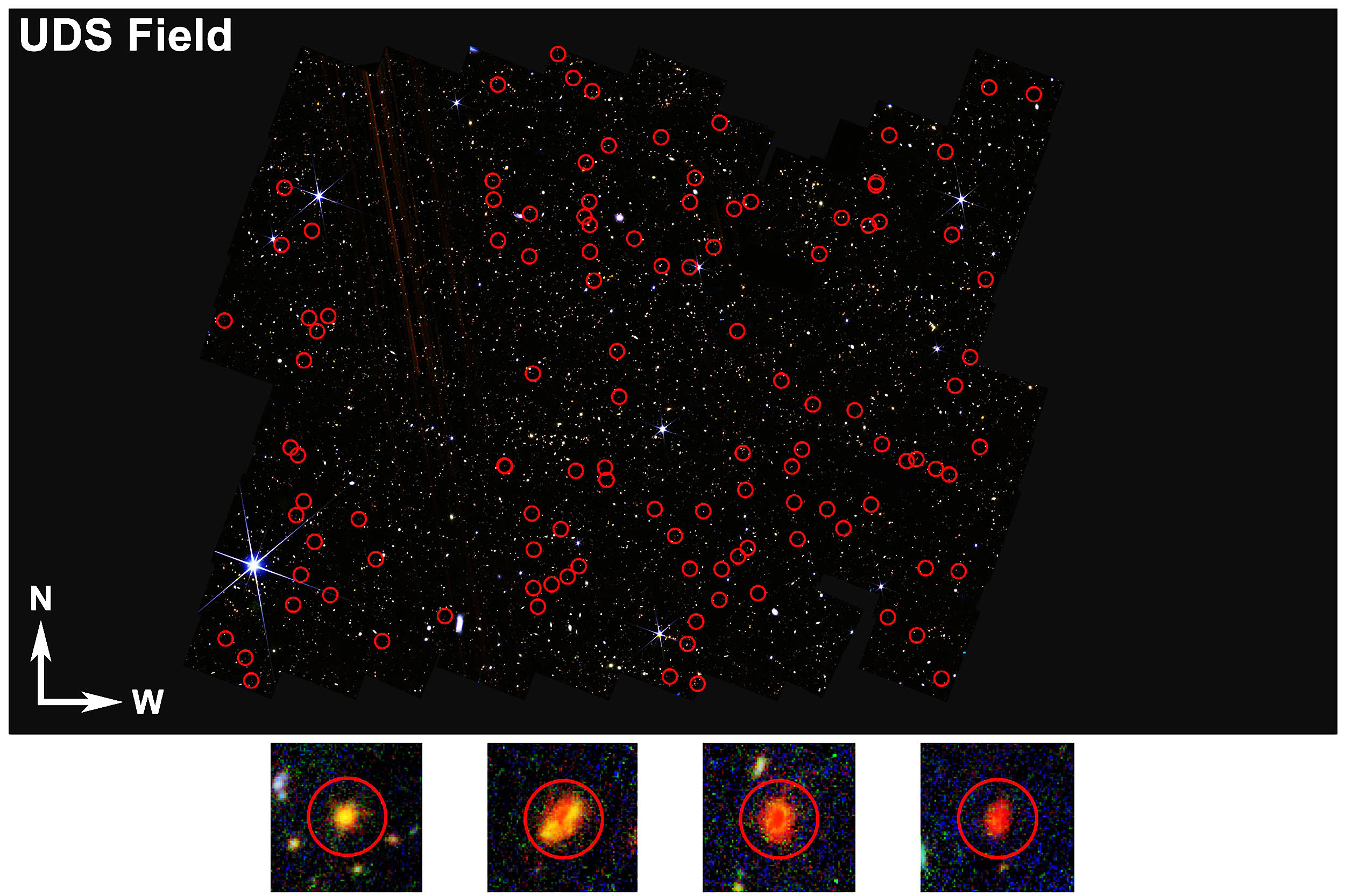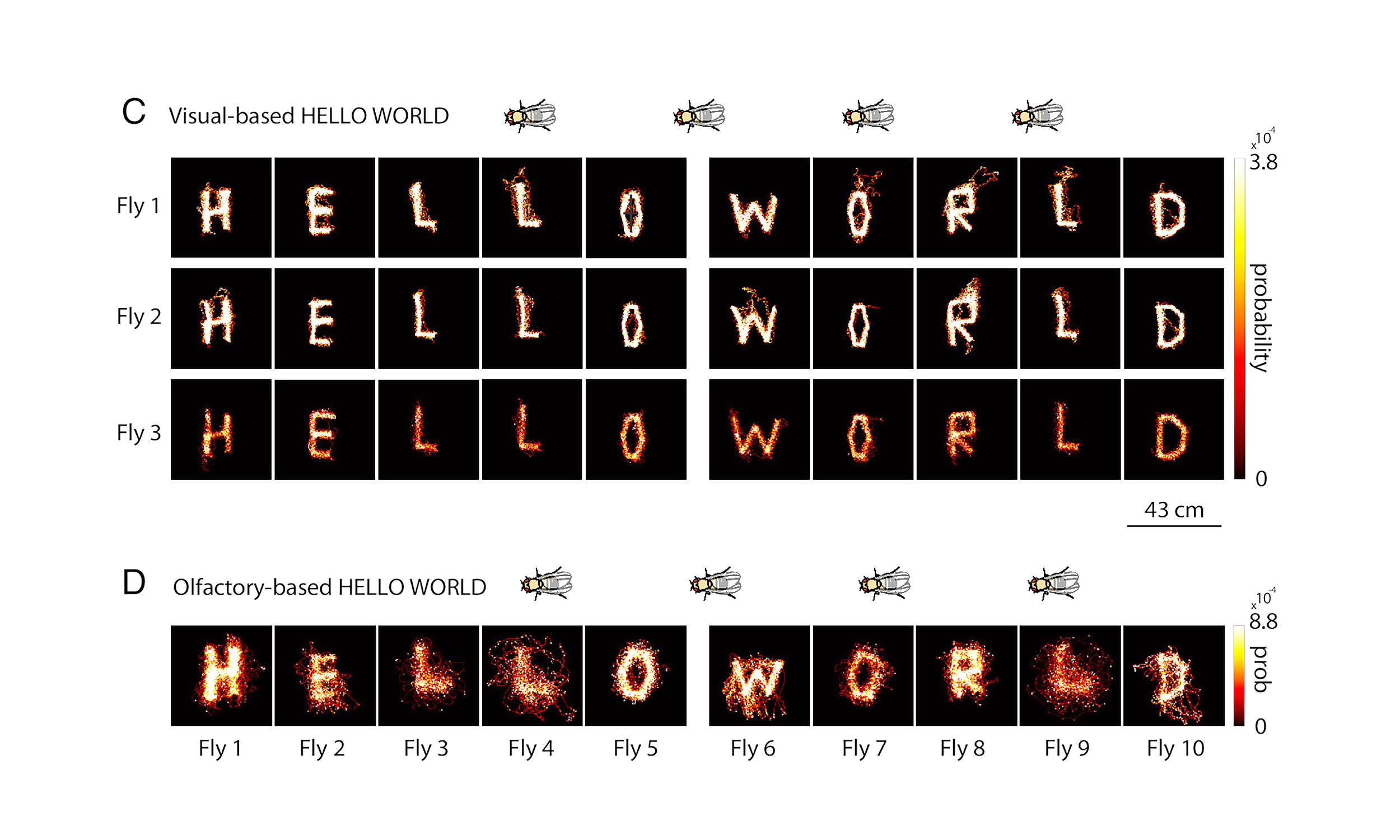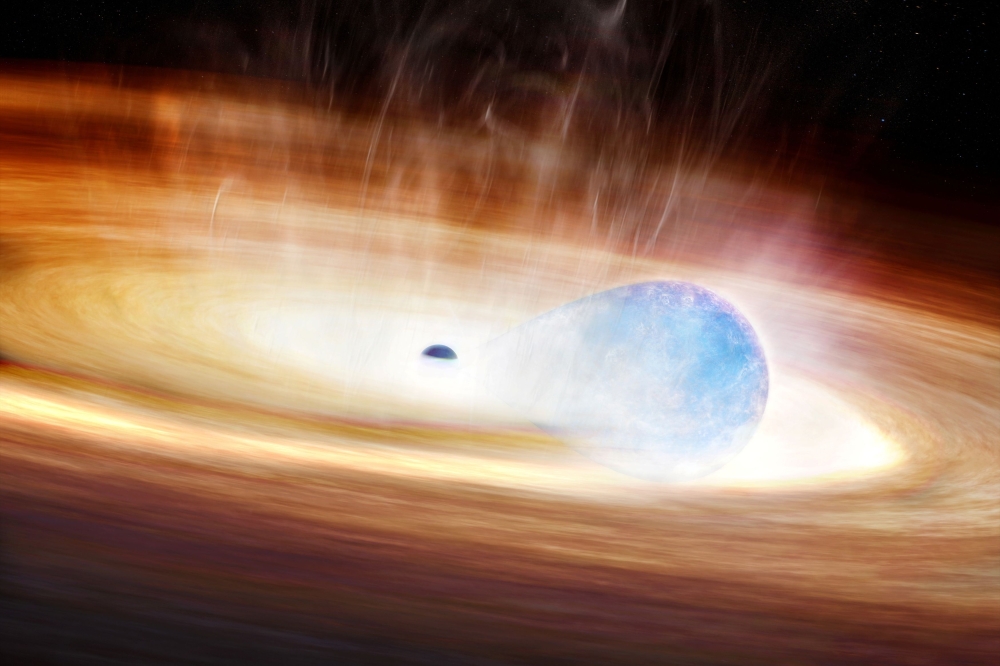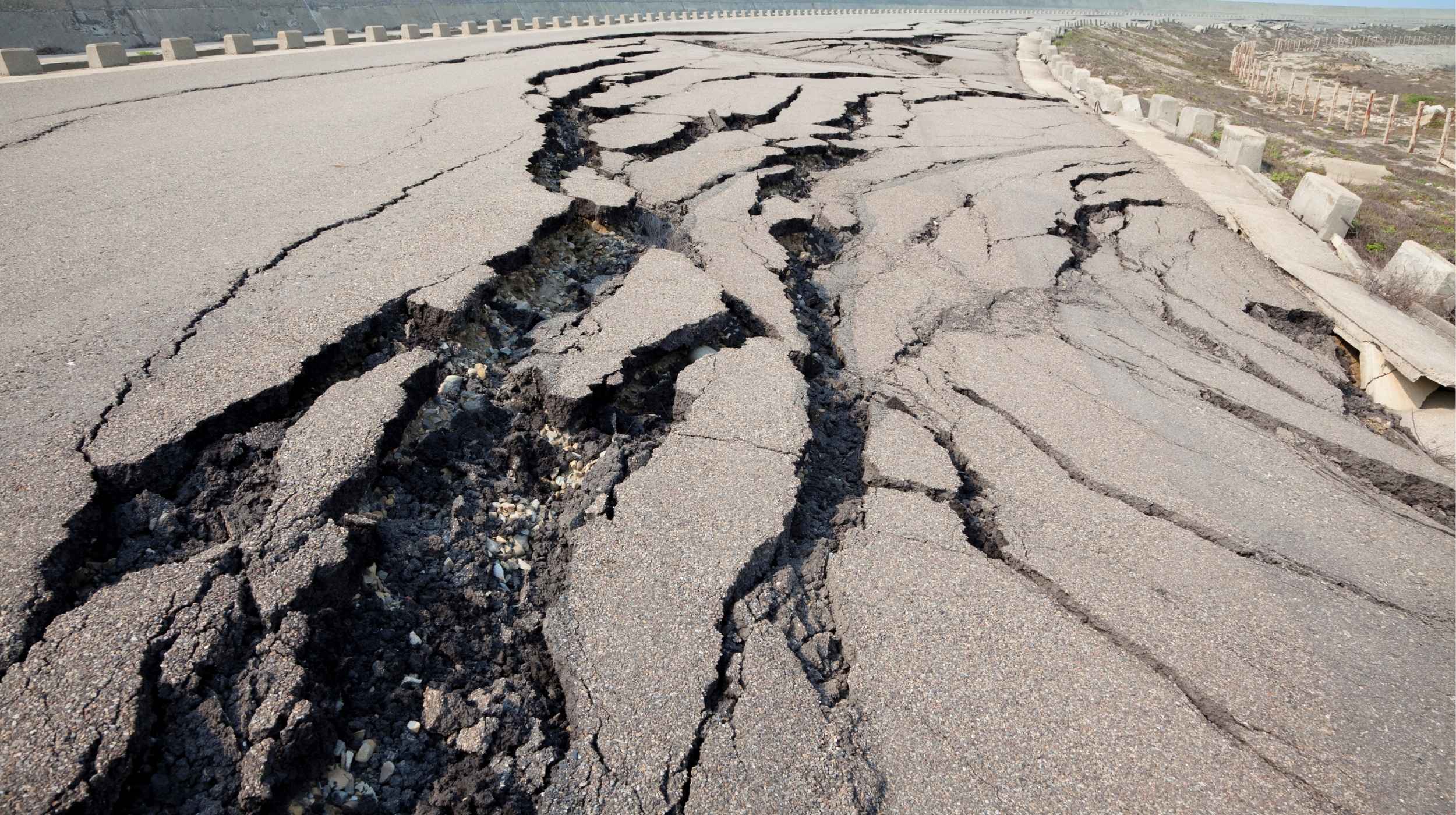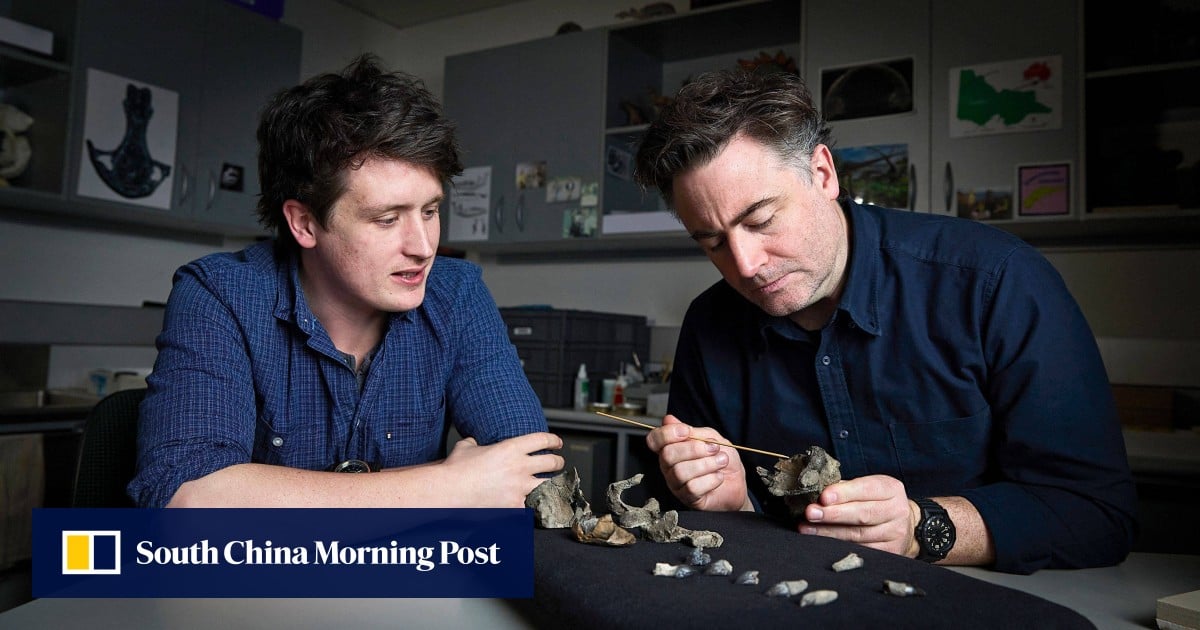Orcas Caught on Camera Drowning Their Own! Shocking Footage Reveals Brutal Hunting Skills!
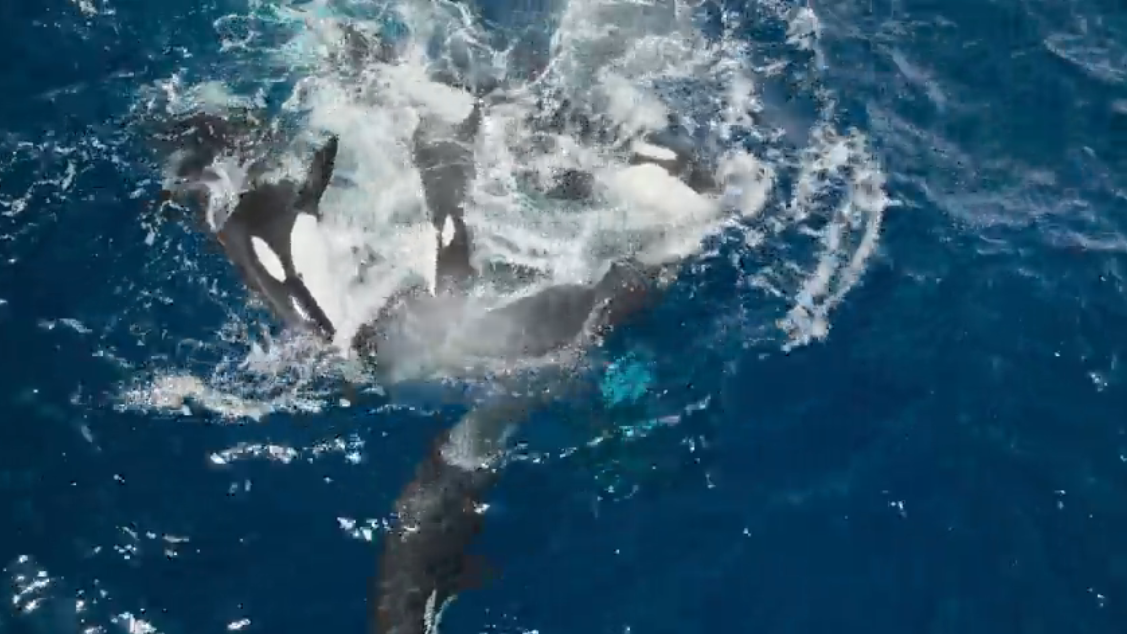
Did you know that killer whales, or orcas, are not just the ocean's top predators, but they also engage in mind-boggling training tactics that involve pretending to drown each other? Yes, you heard that right! In an astonishing first-of-its-kind footage, orca mothers are teaching their young how to execute this deadly skill necessary to hunt the largest animals on the planet.
In a breathtaking video captured off the coast of Bremer Bay, Australia, a young orca (Orcinus orca) showcases its acting skills by pretending to be prey. The rest of the pod surrounds it, submerging the young one’s blowhole to cut off its air supply. They practice this technique multiple times, holding the young orca’s head underwater before finally releasing it, simulating a real-life hunting scenario.
But the intensity doesn't stop there! The footage later shifts to a dramatic hunting scene where the pod employs this same technique while stalking a blue whale (Balaenoptera musculus). Caught off guard, the whale faces a rare challenge from the orcas, who swarm its head, attempting to drown the massive creature. However, the footage leaves us in suspense as we can’t tell if they are actually successful in this harrowing hunt.
While marine experts have long understood that orcas can kill whales through drowning, this specific practice behavior had never been documented until now. A spokesperson from the BBC, which recorded this groundbreaking footage for their new nature series “Parenthood,” emphasized the significance of this discovery.
The narration comes from none other than the legendary British biologist and broadcaster Sir David Attenborough, who states, “These orcas need to be on top of their game. They hunt the largest animals that have ever lived: blue whales.” His voice adds a gravity to the already intense scenes.
Filmmakers utilized cutting-edge underwater stabilizing devices called gimbals to capture the orcas’ actions from a unique perspective, revealing extraordinary insights into their behavior. According to the BBC, this technology has allowed the crew to keep pace with the hunting pod and gain unprecedented views of their interactions.
Bremer Bay is home to an impressive population of around 200 orcas, making it the largest congregation of these majestic creatures in the Southern Hemisphere. Pods can range from six to twenty orcas, and while they typically feast on giant and colossal squids, they seem to have taken a particular interest in hunting blue whales, not necessarily for food, but for the thrill of the chase. Marine biologist Nancy Black likened this behavior to how cats toy with their prey, indicating a playful yet deadly nature.
However, going after a solitary adult whale poses risks, which is why orcas often target blue whales that are sick or those accompanied by calves. These young ones tire quickly, falling behind and becoming easy targets for the orcas, as reported by National Geographic.
The BBC’s “Parenthood” series, which dives into the various strategies animal parents use to increase their offspring's chances of survival, will air in the U.S. on PBS’s “Nature” later this year or early next year. The series highlights fascinating stories of parental sacrifice in the animal kingdom, including one where a mother spider sacrifices herself to feed her young, a practice known as matriphagy.
In a world where survival is a constant battle, the orca’s brutal teaching methods reveal the harsh realities of nature’s playground. Would you dare to get in the water?


